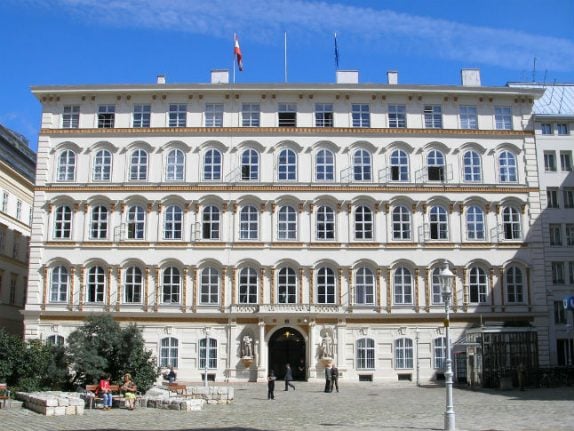Last week a delegation from Burma visited Sweden on invitation from the International Council of Swedish Industry (Näringslivets Internationella Råd – NIR).
The delegation furthermore met with representatives of the Swedish International Development Cooperation Agency (Sida), the foreign ministry and the Royal Institute of Technology (KTH).
But according to Omvärlden, a publication supported by Sida, several in the party turned out to be connected to the Burmese Chamber of Commerce, which is headed by Burmese minister for commerce Win Myint, who has been blacklisted by the EU.
When Omvärlden confronted NIR director of operations Sofia Svingby, she said that the delegation were members of an organisation called Egress with which they have been in contact in Burma.
Egress has openly called for a stop to the sanctions against Burma and for the world to recognise last year’s controversial election, but Svingby said that NIR doesn’t work politically.
“Several of those we have met in the country have a different view on the election and we see that as a positive sign. We are looking into what we can do to further the economic development. The exchange of knowledge and experiences is a large part of that,” Svingby told Omvärlden.
NIR’s CEO Erika Molin told TT that they believe that economic growth and a functioning industry is a fundamental prerequisite for the development of the country and the people.
“That is why we have invited these people,“ she told TT.
But none of the members of the delegation that Omvärlden met when they visited Stockholm mentioned Egress.
“We are from the Myanmar Chamber of Commerce,” one member said when the newspaper met them in Stockholm.
Molin later told news agency TT that although they did know that some of the visitors had ties to the chamber of commerce, no one was there as a representative of the government or in any way connected to the junta.
“The individuals that we have invited are from different organisations and we have checked all the names on the list with the UN, the EU, Sida and the ministry,” Molin told TT.
Sida has meanwhile confirmed that they contribute to NIR’s project for development of economy, democracy and human rights and see no link to the regime.
“In Sida’s strategy for business cooperation there are components that deal with supporting organisations. I don’t see this as co-operating with the regime,“ Johan Åkerblom, head of corporate cooperation, told Omvärlden.
But when contacted by news agency TT, Sida made clear that they think it is NIR’s responsibility to ensure that visitors are from “organisations that could contribute to a positive development in Burma”.
They have now asked NIR to explain the situation.
“We have put it in writing to NIR that they should get back to us with comments and explanations within a week,“ Åkerblom told TT.


 Please whitelist us to continue reading.
Please whitelist us to continue reading.
Member comments